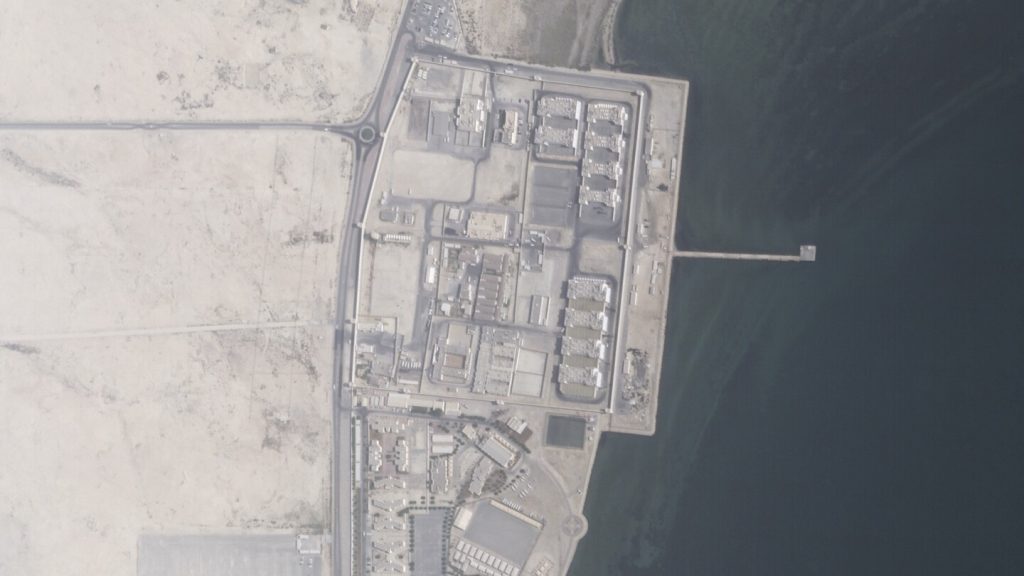Independent experts with the United Nations have urged Bahrain to ensure that prisoners held at the Jaw prison have access to adequate food, water, and medical care. The experts received allegations that guards have cut air conditioning in the facility during the sweltering summer months. Bahrain has denied these accusations, stating that prisoners receive the same health-care provision as the public. However, concerns have been raised about prisoners not receiving required medical care, adequate food, and safe drinking water, with temperatures inside the prison reaching extreme levels.
The U.N. experts noted that detainees in some buildings of the prison are being denied necessary medical care and do not have regular access to food and water. There have also been allegations that authorities have cut air conditioning, leading to prisoners being exposed to extreme heat. Communications between prisoners and their families have been cut, and prisoners’ movements have been restricted. The experts emphasized that lowering standards as a form of punishment when prisoners exercise their legitimate rights to complain is not appropriate.
In response to the accusations, Bahrain stated that it has obtained international accreditation for Jaw prison and upholds detainees’ rights and services. The government emphasized its commitment to maintaining a safe and secure environment in all reform and rehabilitation facilities and delivering high standards of care. Issues regarding medical care at the prison have been raised by activists in the past, with concerns about harsh conditions, physical abuse, solitary confinement, and inadequate sanitary conditions and medical care. The government denied reports of a tuberculosis outbreak in the prison in June 2022.
Bahrain, home to the U.S. Navy’s 5th Fleet in the Middle East, has been facing a crackdown on dissent since the Arab Spring protests in 2011. The government, with the help of Saudi Arabia and the United Arab Emirates, suppressed the protests and has since imprisoned Shiite activists, deported others, stripped hundreds of their citizenship, and closed independent media outlets. Despite these actions, Bahrain has taken steps to improve its international relations, recognizing Israel diplomatically and hosting Pope Francis in 2022. The situation at Jaw prison raises concerns about the treatment of prisoners in Bahrain and highlights ongoing human rights issues in the country.
In conclusion, the allegations of mistreatment and denial of basic necessities at Jaw prison in Bahrain have drawn attention from independent experts at the United Nations. While the government denies these accusations and insists that prisoners receive adequate care, concerns persist about the conditions inside the facility. The crackdown on dissent in Bahrain following the Arab Spring protests has led to increased repression of activists and dissenters, with reports of harsh treatment and inadequate medical care. The international community, including the U.N., continues to monitor the situation in Bahrain and calls for improvements in the treatment of prisoners and respect for human rights.


